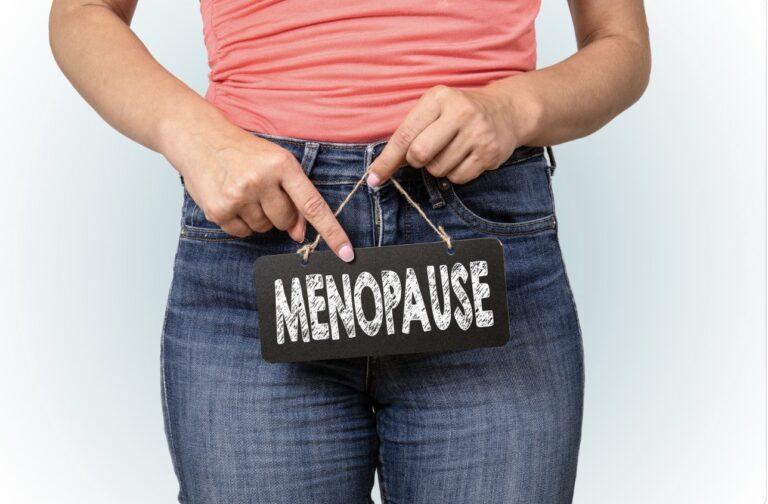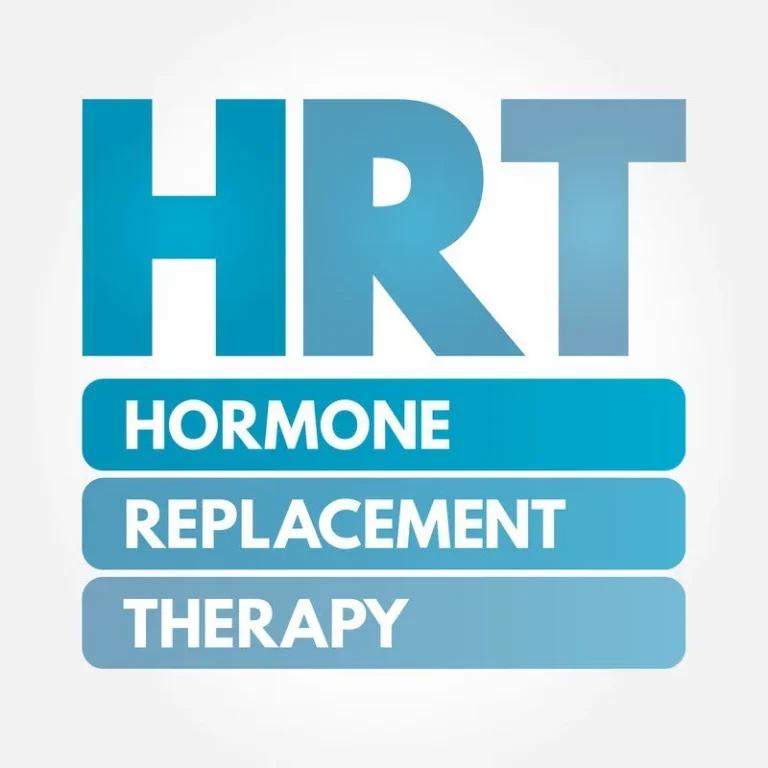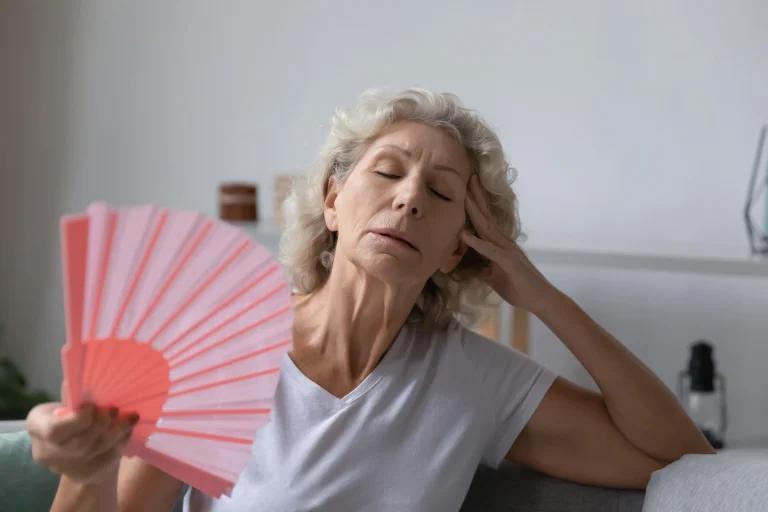
Menopause is a well-known phenomenon that affects women as they age, leading to a decline in reproductive hormone levels and a range of physical and emotional symptoms. The female menopause marks the end of the female reproductive cycle but what about men? Is there such a thing as male menopause? In this article, we’ll delve into the topic, exploring the facts and dispelling any myths surrounding this issue.
Understanding the male menopause myth
The term “male menopause” has been used to describe a decline in testosterone levels that occurs with age in men. However, it’s important to note that the hormonal changes men experience are fundamentally different to what women experience. In women, menopause is characterised by a sudden drop in hormone production, while in men, testosterone levels decline gradually over many years. This decline is known as late-onset hypogonadism or age-related low testosterone.
Recognising the signs of low testosterone
As men age, their testosterone levels naturally decline at a rate of about 1% per year after the age of 40. However, most older men still have testosterone levels within the normal range, with only a small percentage experiencing low levels. It’s important to note that low testosterone levels can often go unnoticed, as they may not always manifest with obvious symptoms. Additionally, the signs and symptoms associated with low testosterone can be caused by various factors, such as age, medication use, or other underlying health conditions.
Some common signs and symptoms of male menopause suggestive of low testosterone include low sex drive and activity, decreased spontaneous erections or erectile dysfunction, breast discomfort or swelling, infertility, height loss, low trauma fracture, low bone density, hot flushes, or sweats. Other possible symptoms include decreased energy levels, motivation, and self-esteem, depressed mood, poor concentration, increased sleepiness, sleep disturbances, mild unexplained anaemia, reduced muscle mass, and increased body fat.
However, it’s important to note that these symptoms are not specific to low testosterone and can be caused by other factors. Therefore, it’s crucial to consult with a healthcare professional for proper diagnosis and evaluation.
Testing for low testosterone
If you suspect that you may have low testosterone, it’s recommended to consult with your doctor. They can perform a blood test to measure your testosterone levels. However, it’s worth noting that testosterone tests are not routinely done, and experts recommend testing older men for low testosterone only if they have signs or symptoms suggestive of the condition.
If an initial test shows low testosterone levels, the test should be repeated to confirm the results. Further testing of the pituitary gland may be recommended to determine the underlying cause and rule out other hormone deficiencies. The pituitary gland plays a crucial role in hormone production and regulation.
Treatment options for low testosterone
The recommendations for testosterone therapy in older men with low testosterone levels vary among experts and medical organizations. The American College of Physicians recommends considering testosterone treatment in men with sexual dysfunction who wish to improve their sexual function, after explaining the risks and benefits. On the other hand, the Endocrine Society recommends testosterone therapy for men with age-related low testosterone who have signs and symptoms associated with low testosterone.
Testosterone therapy should only be considered after a thorough evaluation and discussion with a healthcare professional. If testosterone deficiency is confirmed, treatment options may include testosterone replacement therapy. The different methods of administering testosterone, target levels, and follow-up testing will be discussed by your healthcare provider.
It’s worth mentioning that testosterone therapy is not without risks. Further research is needed to understand the potential risks and benefits fully. Some studies suggest that testosterone therapy may stimulate the growth of metastatic prostate and breast cancer, increase the risk of heart attack and stroke, and contribute to the formation of blood clots in the veins. Therefore, it’s crucial to weigh the potential risks and benefits with your doctor before starting testosterone therapy.
Testosterone therapy is not suitable for everyone. Your doctor may recommend against starting testosterone therapy if you have conditions such as breast or prostate cancer, untreated severe obstructive sleep apnea, uncontrolled heart failure or thrombophilia, or if you have recently had a heart attack or stroke. Additionally, if fertility is important to you in the near future, testosterone therapy may not be recommended.
Lifestyle factors and psychological Impact
While low testosterone levels may contribute to certain symptoms, it’s essential to consider other factors that can affect men’s overall well-being. Lifestyle factors such as lack of sleep, poor diet, lack of exercise, excessive alcohol consumption, and smoking can all have an impact on physical and mental health. Additionally, psychological factors like stress, depression, and anxiety can also play a role in the manifestation of symptoms commonly associated with “male menopause.”
Addressing lifestyle changes and seeking support for psychological well-being can have a significant impact on overall health and may alleviate some of the symptoms experienced by men as they age. Regular exercise, adopting a balanced diet, managing stress through relaxation techniques, and seeking therapy or counselling can all improve well-being.
The importance of seeking medical advice
If you’re experiencing symptoms that may be related to low testosterone or any other health problems, it’s crucial to seek medical advice. Your doctor can evaluate your symptoms, perform necessary tests, and provide appropriate guidance and treatment options. They will take into account your circumstances, medical history, and preferences to develop a personalised treatment plan that addresses your specific needs.
Remember, everyone’s experience with ageing is unique, and not all men will experience low testosterone or symptoms associated with “male menopause.” It’s important to approach the topic with an open mind and seek professional advice for proper evaluation and management.
Conclusion
While the concept of male menopause may be popularised in the media, it’s important to separate fact from fiction. The hormonal changes experienced by men as they age are not equivalent to the sudden drop in hormone production seen in women during menopause. However, some men may experience symptoms related to low testosterone levels, which can be evaluated and managed through appropriate medical care. Lifestyle factors and psychological well-being also play a significant role in overall health and should be addressed alongside hormonal concerns. Ultimately, seeking medical advice and adopting a holistic approach to health is key to navigating the challenges and changes that come with ageing.
Sources
- Male menopause: Myth or reality? – Mayo Clinic
- The male menopause: does it exist? – PMC
- The ‘male menopause – NHS
Medical Disclaimer
NowPatient has taken all reasonable steps to ensure that all material is factually accurate, complete, and current. However, the knowledge and experience of a qualified healthcare professional should always be sought after instead of using the information on this page. Before taking any drug, you should always speak to your doctor or another qualified healthcare provider.
The information provided here about medications is subject to change and is not meant to include all uses, precautions, warnings, directions, drug interactions, allergic reactions, or negative effects. The absence of warnings or other information for a particular medication does not imply that the medication or medication combination is appropriate for all patients or for all possible purposes.









